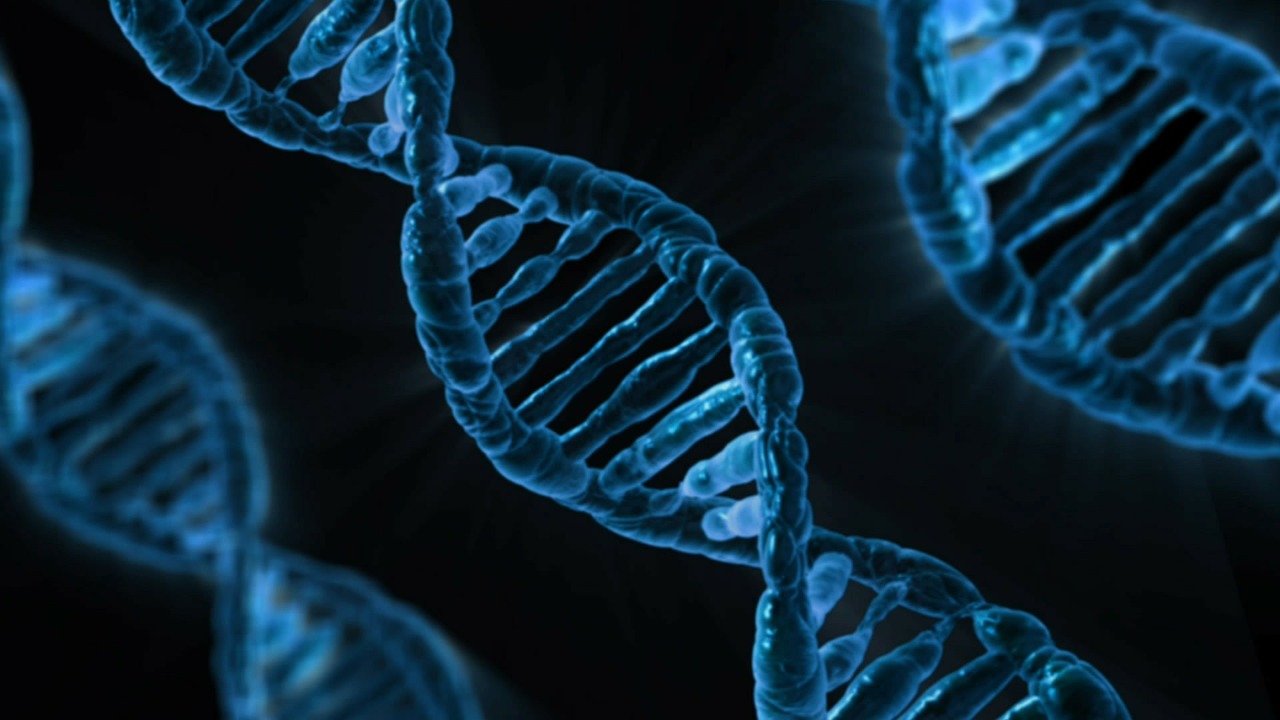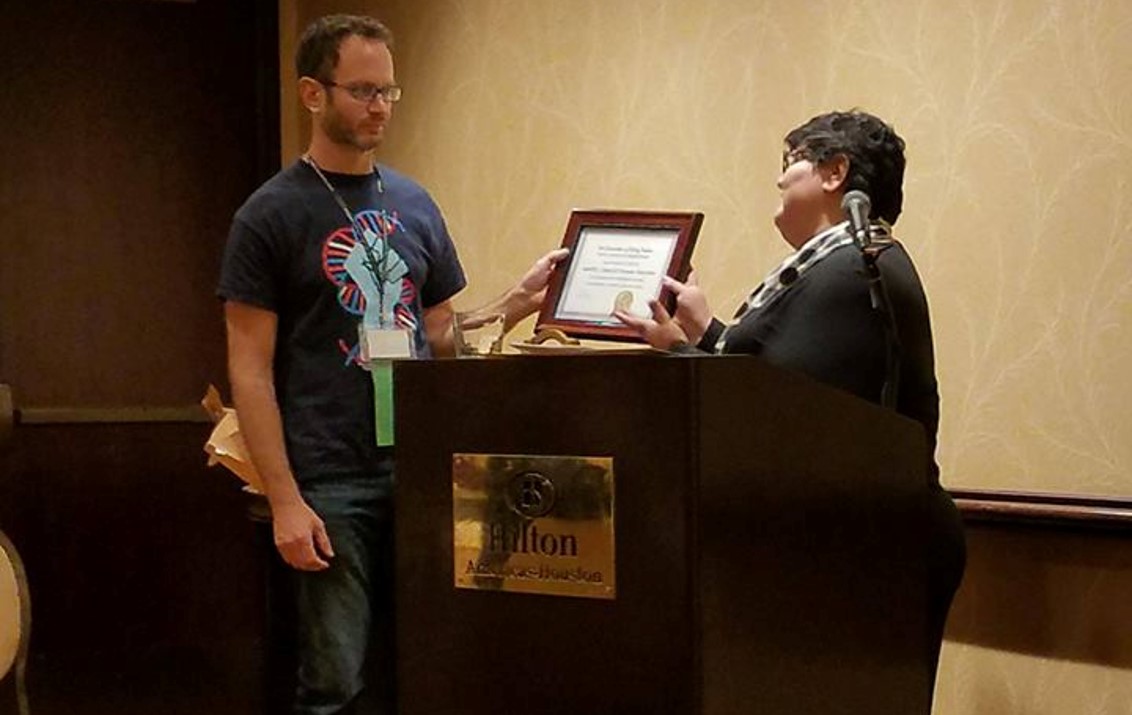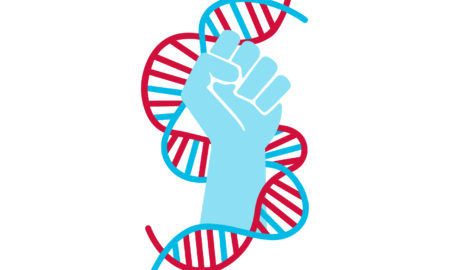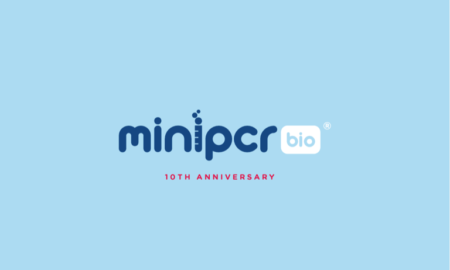15 DNA Science Events of 2015
Here are the 15 DNA science events that captured our imagination in 2015. Enjoy!
- 5 January – Scientists from the US and UK have mapped the genome of the bowhead whale and identified genes responsible for its 200-year lifespan, the longest of any mammal.
- 7 January – In a world first, researchers from New Zealand have observed mitochondrial DNA moving between cells in mice and triggering cancer growth.
- 9 February – Researchers have extracted isopropanol fuel from genetically engineered bacteria and solar-powered catalysts, achieving the same efficiency as photosynthesis.
- 3 March – NASA reports that, for the first time, complex DNA and RNA organic compounds of life, including uracil, cytosine and thymine, have been formed in the laboratory under outer space conditions.
- 19 March – Scientists report on a genetic modification that can spread much quicker than conventional genetics would allow, copying itself to other chromosomes with CRISPRs. Possible applications include malaria-resistant mosquitos.
- 19 March – Scientists, including an inventor of CRISPR, urge a worldwide moratorium on using gene editing methods to genetically engineer the human genome in a way that can be inherited.
- 22 March – DNA from the extinct woolly mammoth is spliced into that of an elephant and shown to be functional for the first time.
- 18 April – Researchers in China publish results of basic research using CRISPR to edit genes in non-viable human embryos.
- 30 April – Progeria researchers have shown how the disorganisation of DNA contributes to the cell disorder and is linked to aspects of aging.
- 8 July – Scientists announce a project, as part of the Global Genome Initiative, to sample and freeze DNA from half of the world’s plant species within two years.
- 7 October – Tomas Lindahl, Paul L. Modrich and Aziz Sancar win the 2015 Nobel Prize in Chemistry, for explaining “the basic mechanisms that help to guard the integrity of our genomes.”
- 11 November – Scientists report finding a 110,000-years-old tooth fossil containing DNA from Denisovan hominid, an extinct species of human in the genus Homo.
- 19 November – For the first time, the FDA approves genetically modified salmon for human consumption.
- 23 November – The genome of the tardigrade is published, revealing that 17.5% is foreign DNA (from other organisms). It is the only animal known to survive in the vacuum of space.
- 3 December – Scientists of major world academies call for a moratorium on inheritable human genome edits, including those related to CRISPR-Cas9 technologies.
For a complete listing and references, please visit Wikipedia.









